Coronavirus infections cross 600,000 worldwide, long fight ahead
Sat 28 Mar 2020, 19:57:09
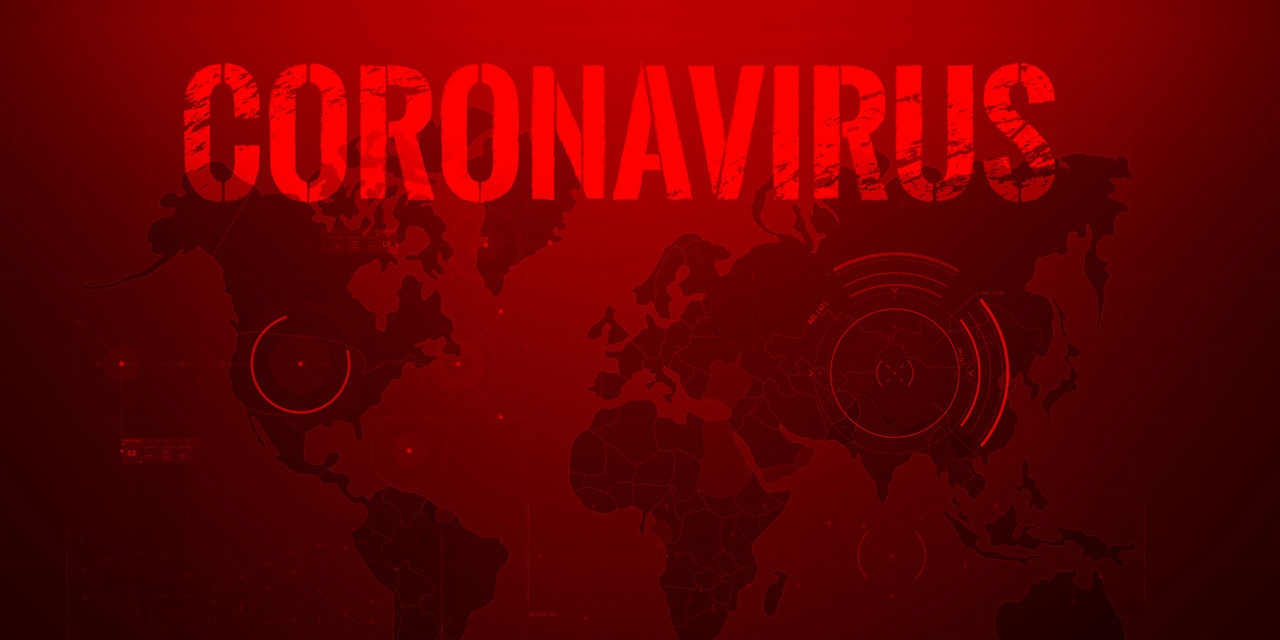
Berlin: The number of confirmed coronavirus infections worldwide topped 600,000 on Saturday as new cases stacked up quickly in Europe and the United States and officials dug in for a long fight against the pandemic.
The latest landmark came only two days after the world passed half a million infections, according to a tally by John Hopkins University, showing that much work remains to be done to slow the spread of the virus. It showed more than 607,000 cases and a total of over 28,000 deaths.
While the U.S. now leads the world in reported infections — with more than 104,000 cases — five countries exceed its roughly 1,700 deaths: Italy, Spain, China, Iran and France.
“We cannot completely prevent infections at this stage, but we can and must in the immediate future achieve fewer new infections per day, a slower spread," German Chancellor Angela Merkel, who is in quarantine at home after her doctor tested positive for the virus, told her compatriots in an audio message. “That will decide whether our health system can stand up to the virus."
The virus already has put health systems in Italy, Spain and France under extreme strain. Lockdowns of varying severity have been introduced across Europe, nearly emptying streets in normally bustling cities, including Paris where drone photos showed the city's landmarks eerily deserted.
Merkel's chief of staff, Helge Braun, said that Germany — where authorities closed nonessential shops and banned gatherings of more than two in public — won't relax its restrictions before April 20.
Spain, where stay-at-home restrictions have been in place for nearly two weeks, reported 832 more deaths on Saturday, its highest daily total yet, bringing its total to 5,690. Another 8,000 confirmed infections pushed that count above 72,000.
Doctors, nurses and ambulance drivers in its worst-hit regions are falling ill at an alarming rate and working nonstop. More than 9,000 health workers in the country have been infected.
“We are completely overwhelmed," said ambulance medic Pablo Rojo at Barcelona’s Dos de Maig hospital. “Seven or eight (patients transported today) and all with COVID-19. ... And the average age is decreasing. They’re not 80 years old anymore, they are now 30 and 40 years old."
“Sometimes you become a bit paranoid, you don’t know any more when you pick up the phone if you have cleaned your hands, if you’ve sanitized them or not. You touch your face with your hands," Rojo said.
Spain has struggled to get coronavirus tests and protective gear for health workers. The government has started flights to transport the supplies directly from China to reduce waiting times.
As the epicenter has shifted westward, the situation has calmed in China, where some restrictions on people's lives have now been lifted. Six subway lines restored limited service in Wuhan, where the virus first emerged in December, after the city had its official coronavirus risk evaluation downgraded from high to medium on Friday. Five districts of the city of 11 million people had other restrictions on travel loosened after their risk factor was downgraded to low.
For a great many people, the coronavirus causes mellow or moderate side effects, for example, fever and hack that unmistakable up in a little while. Be that as it may, for other people, particularly more seasoned
grown-ups and individuals with existing medical issues, the infection can cause progressively extreme ailment, including pneumonia, and lead to death.
grown-ups and individuals with existing medical issues, the infection can cause progressively extreme ailment, including pneumonia, and lead to death.
In excess of 130,000 individuals have recuperated, as indicated by Johns Hopkins' count.
Somehow, the impacts of the COVID-19 flare-up have been felt by the incredible and the poor the same.
On Friday, British Prime Minister Boris Johnson turned into the primary head of a significant nation to test positive for the infection. He said he would keep on working from self-isolate.
Nations are as yet scrambling bring home a few residents stranded abroad by outskirt terminations and a close shutdown of flights. On Saturday, 174 outside visitors and four Nepali nationals on the lower regions of Mount Everest were flown out days in the wake of being stranded on the main airstrip serving the world's most elevated mountain.
In neighboring India, specialists sent an armada of transports to the edges of the funding to meet a departure of transient laborers urgently attempting to arrive at their home towns during the world's biggest lockdown.
A huge number of individuals had fled their New Delhi homes after Prime Minister Narendra Modi reported a 21-day lockdown that started on Wednesday and adequately put a great many Indians who live off day by day income out of work.
In parts of Africa, virus prevention measures have taken a violent turn as countries impose lockdowns and curfews or seal off major cities, with police in Kenya firing tear gas and officers elsewhere captured in mobile phone footage whacking people with batons.
In the United States, New York remained the worst-hit city, but Americans braced for worsening conditions elsewhere, with worrisome infection numbers being reported in New Orleans, Chicago and Detroit.
New Orleans’ sprawling Ernest N. Morial Convention Center, along the Mississippi River, was being converted into a massive hospital as officials prepared for thousands more patients than they could accommodate.
In New York, where there are more than 44,000 cases statewide, the number of people hospitalized with COVID-19 passed 6,000 on Friday, double what it had been three days earlier.
Gov. Andrew Cuomo called for 4,000 more temporary beds across New York City, where the Jacob K. Javits Convention Center has already been converted into a hospital.
The struggle to defeat the virus will take “weeks and weeks and weeks," Cuomo told members of the National Guard working at the Javits Center.
President Donald Trump invoked the Defense Production Act on Friday, ordering General Motors to begin manufacturing ventilators.
Trump signed a $2.2 trillion stimulus package, after the House approved the sweeping measure by voice vote. Lawmakers in both parties lined up behind the law to send checks to millions of Americans, boost unemployment benefits, help businesses and toss a life preserver to an overwhelmed health care system.
Dr. John Brooks of the U.S. Centers for Disease Control and Prevention warned Americans remained “in the acceleration phase" of the pandemic and that all corners of the country were at risk.
"There is no geographic part of the United States that is spared from this," he said.
No Comments For This Post, Be first to write a Comment.
Most viewed from Coronavirus Updates
Most viewed from Health
AIMIM News
Latest Urdu News
Most Viewed
May 26, 2020
Should there be an India-Pakistan cricket match or not?
Latest Videos View All
Like Us
Home
About Us
Advertise With Us
All Polls
Epaper Archives
Privacy Policy
Contact Us
Download Etemaad App
© 2026 Etemaad Daily News, All Rights Reserved.




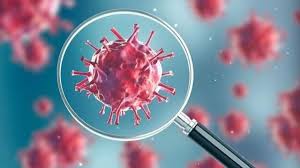
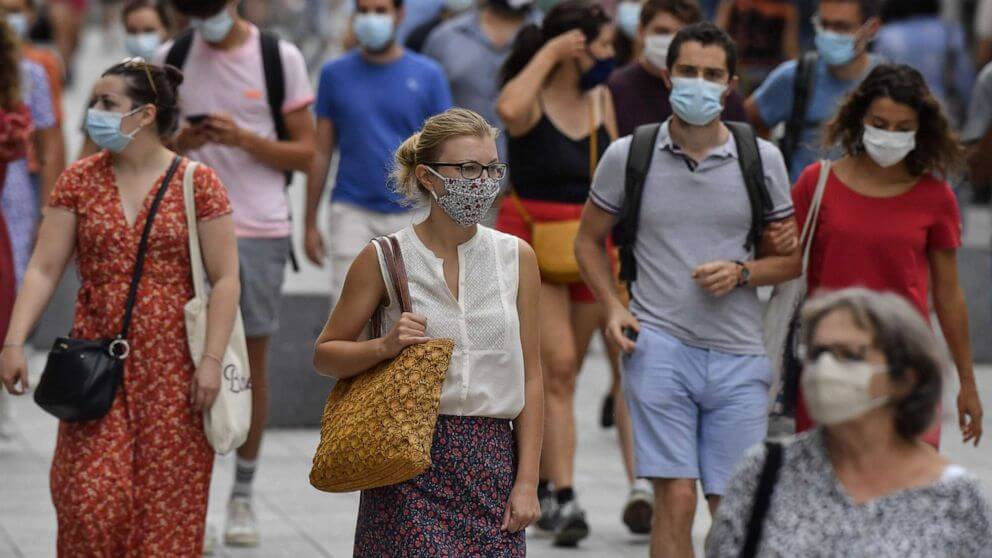



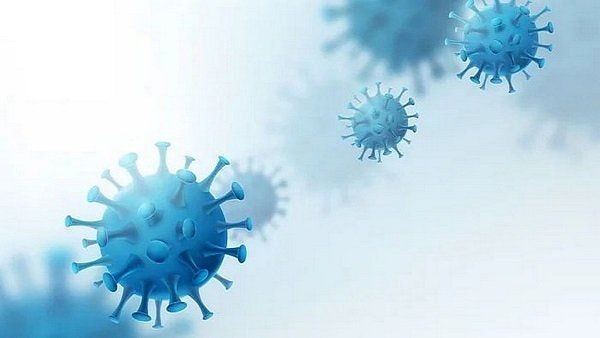
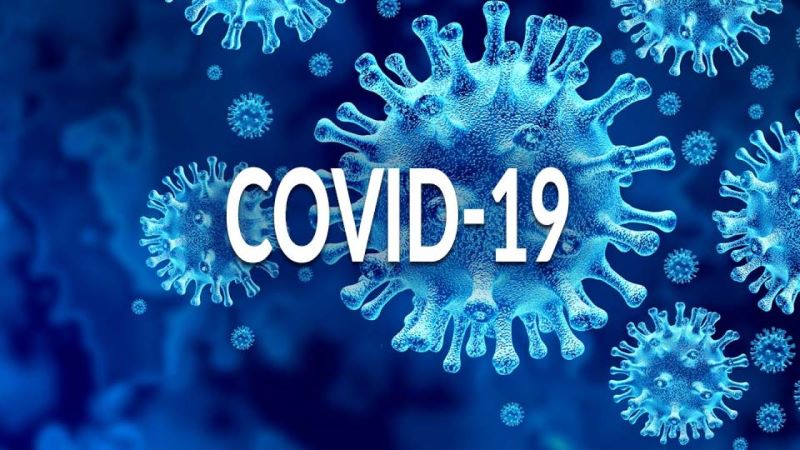


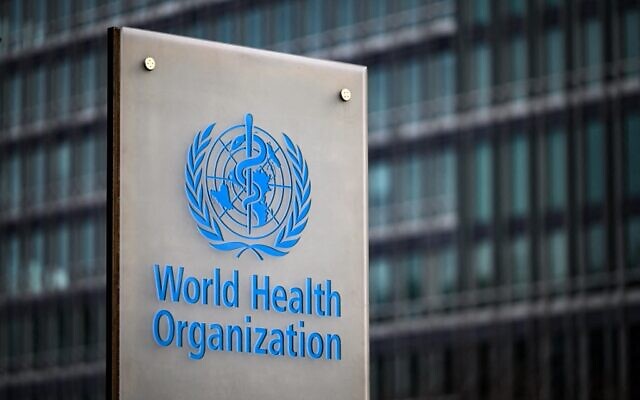

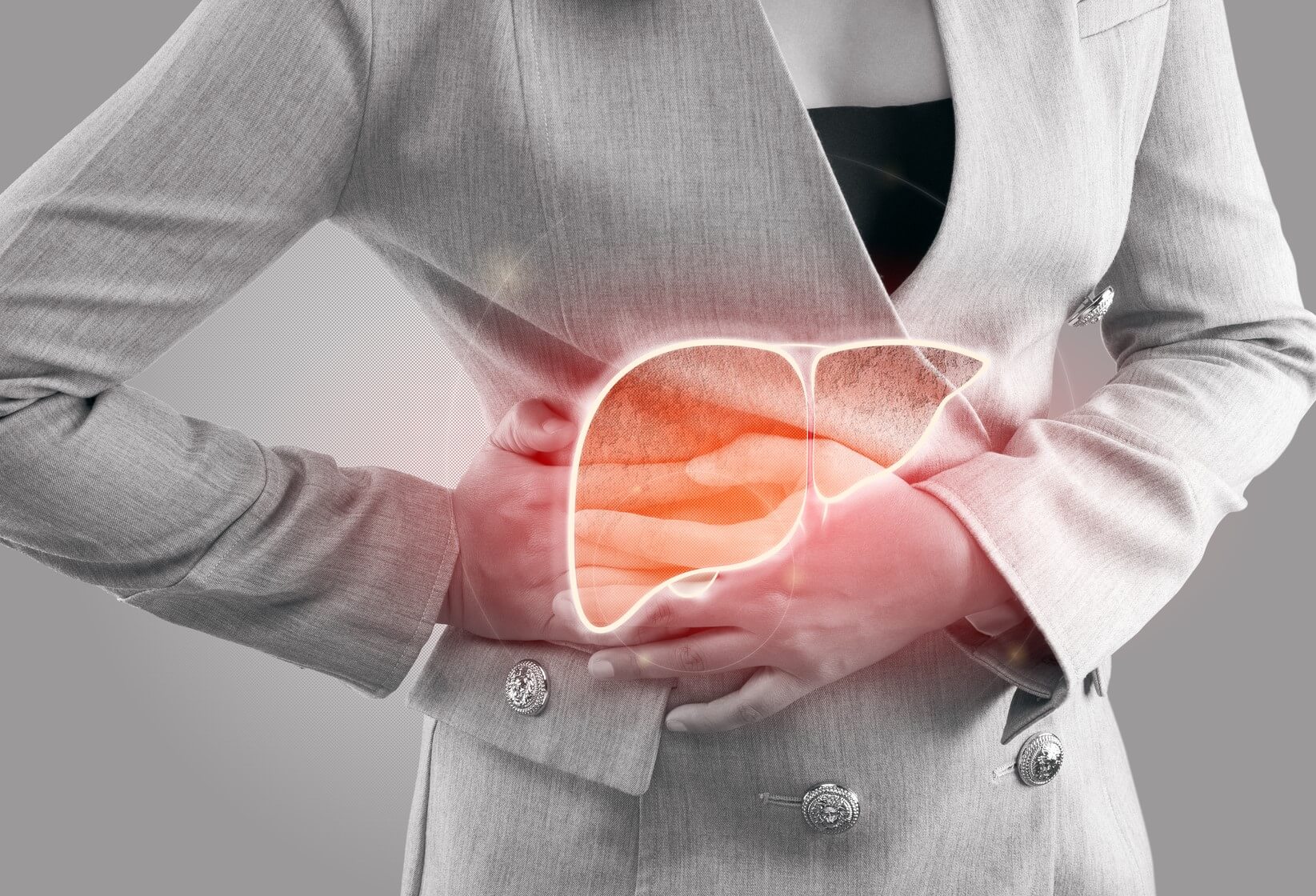
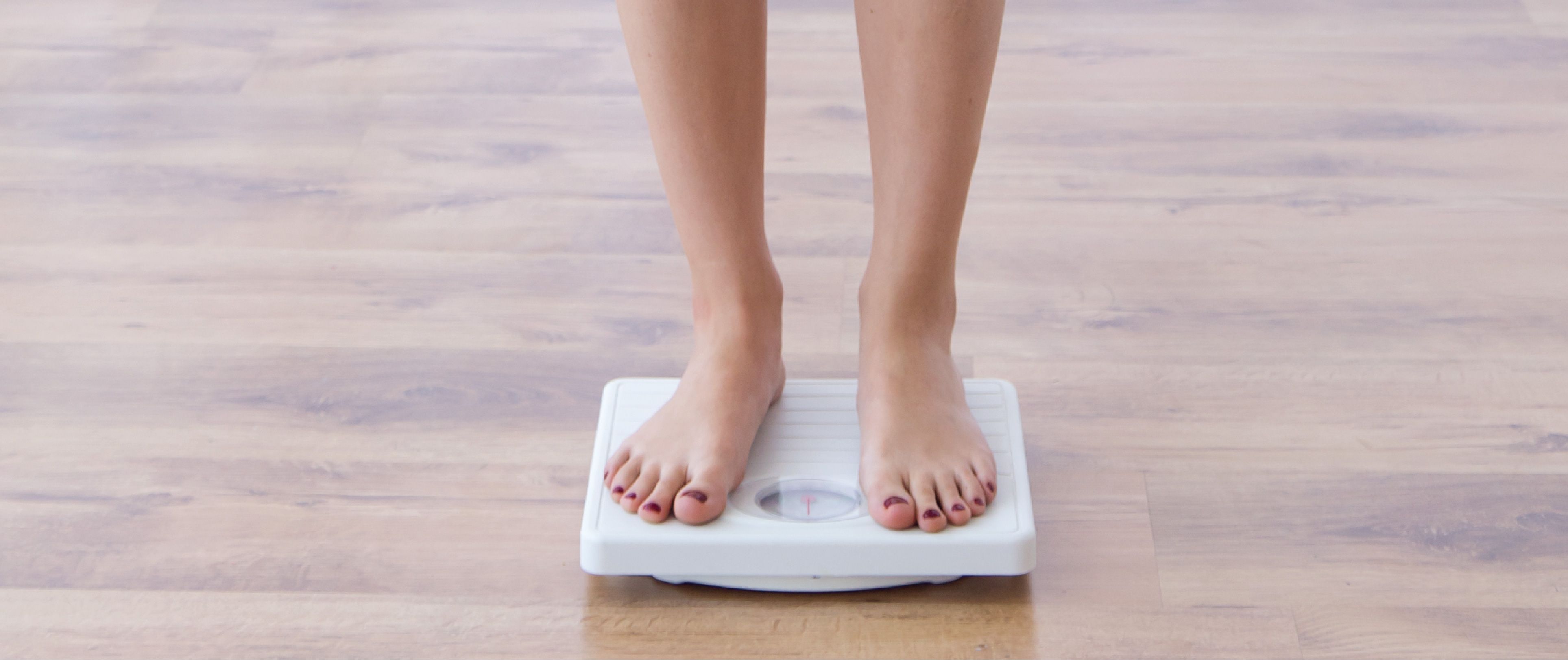
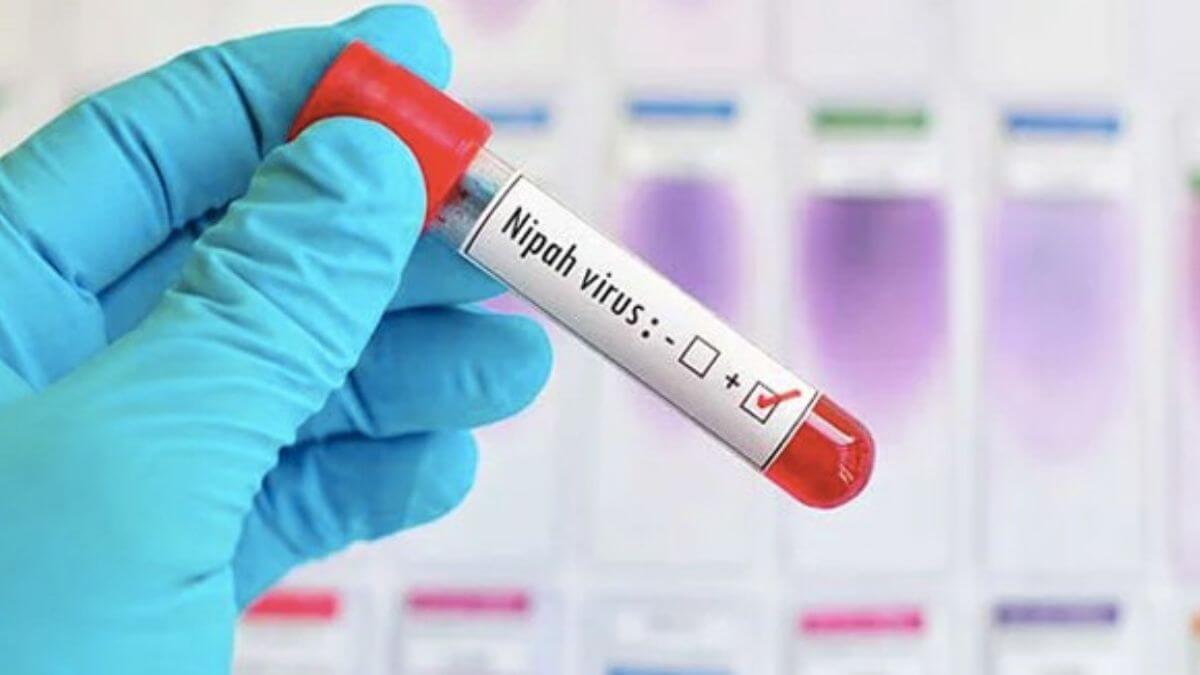

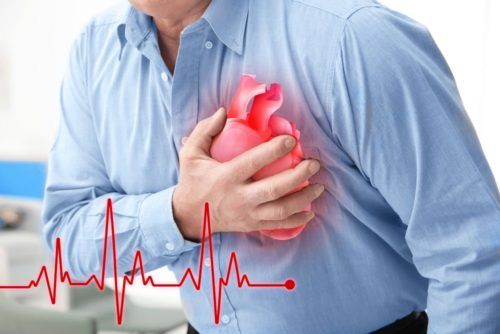

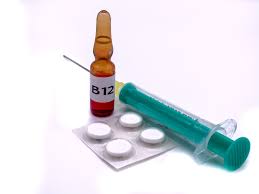
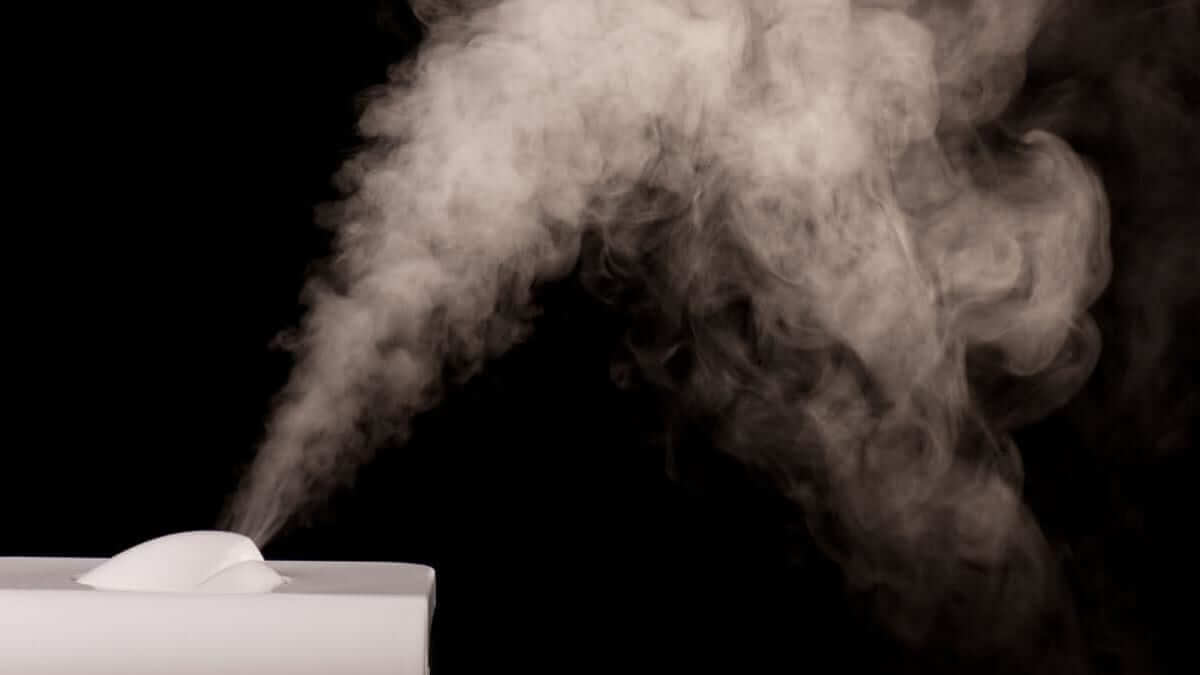

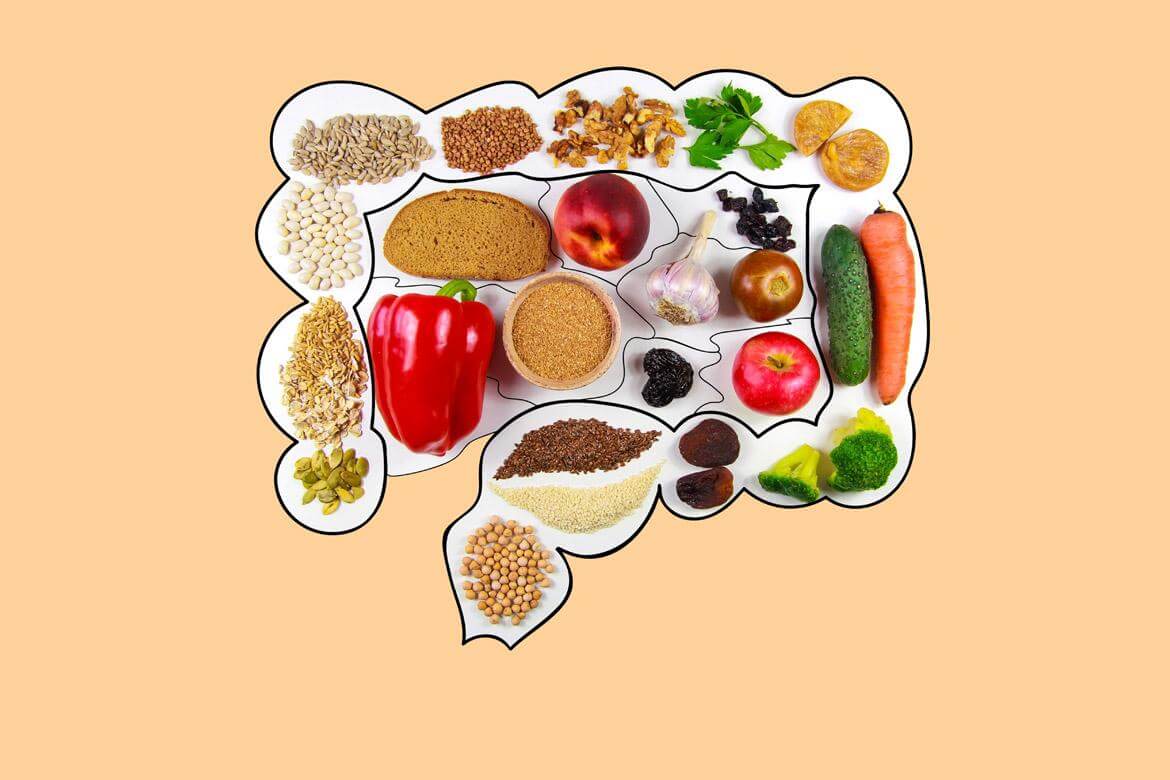












.jpg)
.jpg)
.jpg)


